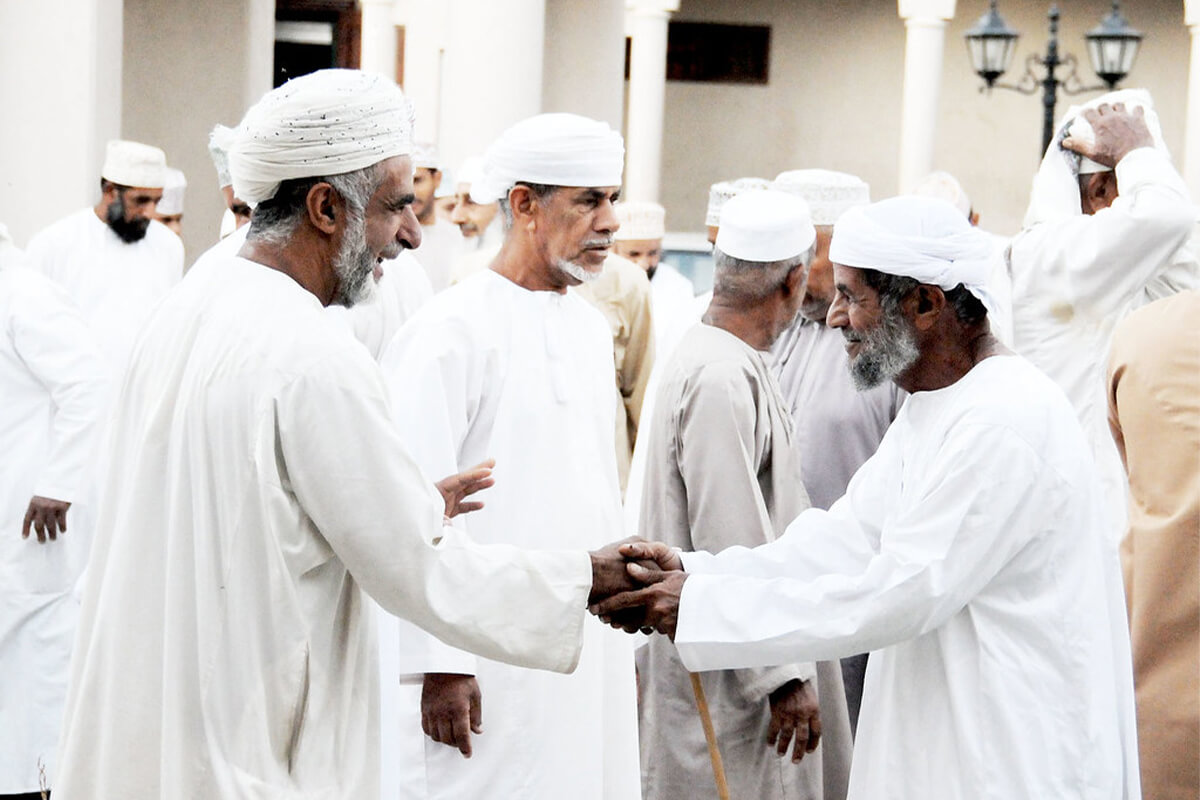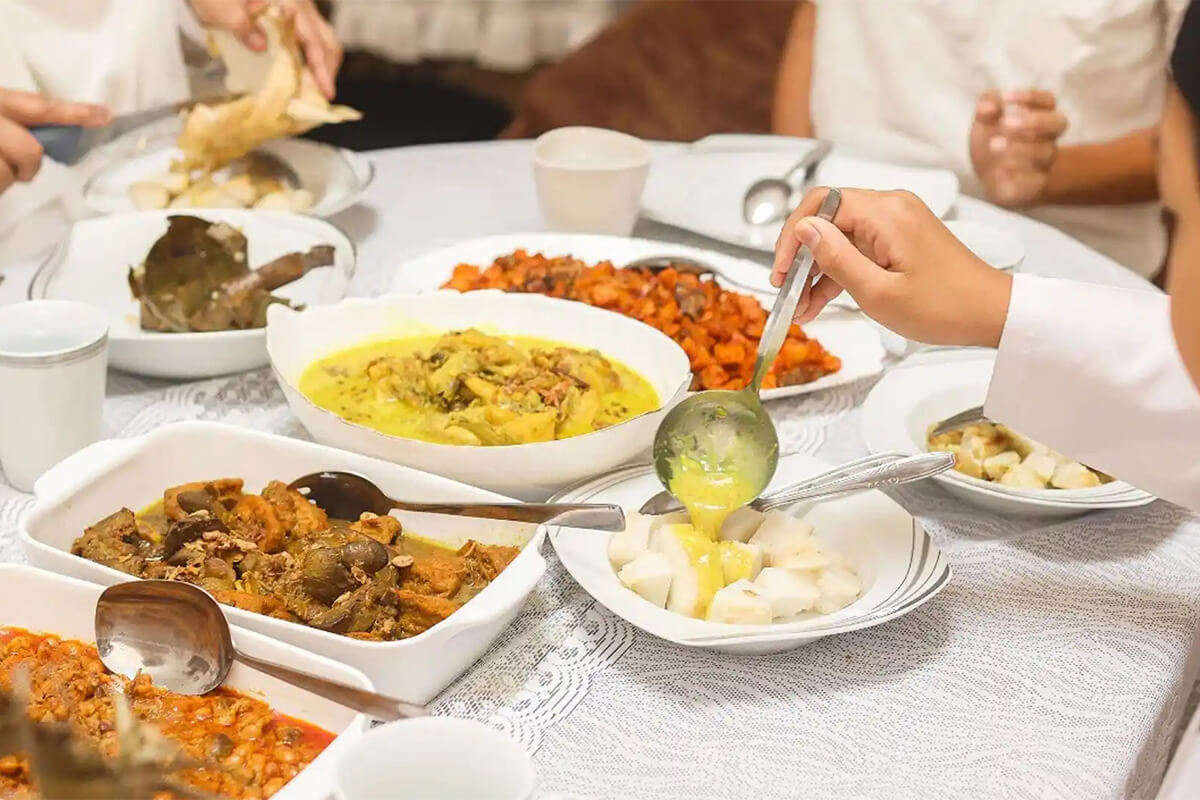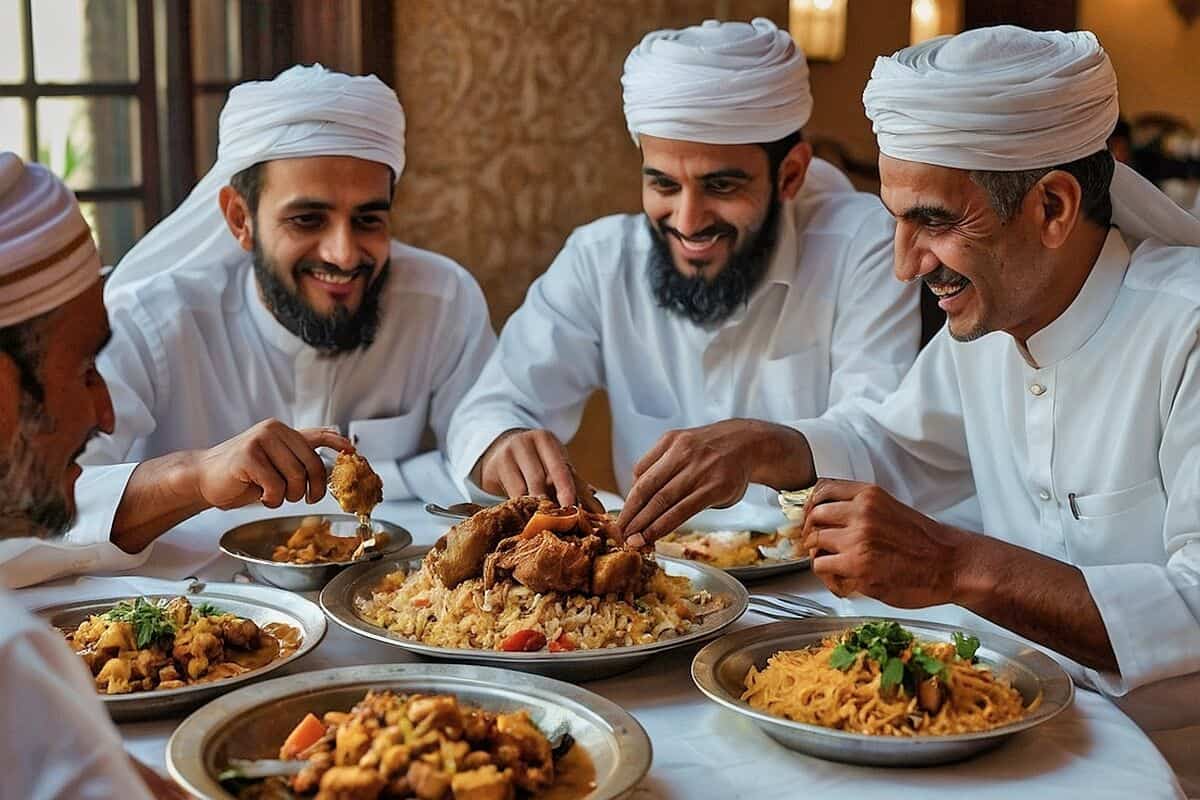Oman, a land of breathtaking landscapes and deep-rooted traditions, offers visitors a unique blend of Arabian hospitality and modern sophistication. Understanding Omani greetings and etiquette is key to engaging respectfully with the locals and immersing yourself in their rich cultural heritage. Whether you’re visiting for leisure or booking True Oman Tours for an authentic experience, knowing the country’s social customs will enhance your journey. This guide provides an in-depth look at Omani greetings, etiquette, and communication styles, ensuring you navigate social interactions smoothly during your stay in Oman.
The Importance of Greetings in Omani Culture
Greetings in Oman are more than just a formality; they are a way of showing respect and establishing rapport. Omani people value politeness and warmth in interactions, and a well-executed greeting can set the tone for a positive encounter. In social and business settings alike, proper greetings demonstrate cultural awareness and appreciation for Omani customs.
Common Omani Greetings
The most widely used greeting in Oman is “As-Salaam Alaikum,” meaning “Peace be upon you.” The customary response is “Wa Alaikum As-Salaam,” translating to “And peace be upon you too.” This greeting is an integral part of Omani Etiquette and is used in both formal and informal situations.
Another common phrase is “Marhaba,” which simply means “Hello” and is often used in a casual context. In the morning, you might hear “Sabah Al-Khair” (Good morning), and in the evening, “Masa Al-Khair” (Good evening). For more formal greetings, “Kayf halak?” (How are you?) is commonly used, with “Ana bikhair, shukran” (I am fine, thank you) being the standard response.
Handshakes are customary, particularly among men, and are usually gentle but prolonged. A slight nod of the head accompanies the handshake. When greeting women, it is polite to wait and see if they extend their hand first; otherwise, a verbal greeting and a nod of the head suffice. In some cases, placing your hand over your heart is a respectful alternative.
Appropriate Topics for Conversation
Beyond verbal greetings, non-verbal cues also play an essential role in Communications in Oman. Eye contact should be respectful but not overly intense. Close physical contact, such as hugging or kissing on the cheek, is typically reserved for close friends and family members. Among men, a handshake may be followed by a light touch to the shoulder, signifying camaraderie.

Physical Gestures in Greetings
Beyond verbal greetings, non-verbal cues also play an essential role in Communications in Oman. Eye contact should be respectful but not overly intense. Close physical contact, such as hugging or kissing on the cheek, is typically reserved for close friends and family members. Among men, a handshake may be followed by a light touch to the shoulder, signifying camaraderie.
Excessive hand movements or pointing directly at someone with an index finger can be perceived as impolite. Instead, use an open hand when gesturing. Showing the soles of your feet or crossing your legs in a way that exposes your soles towards someone is considered disrespectful.
Social Etiquette in Omani
Dress Code and Modesty in Oman
Omanis adhere to a conservative dress code that reflects their cultural and religious values. Men usually wear the “dishdasha,” a long, white robe, and a “kumma” or “mussar” (traditional caps and headscarves). Women wear long, modest dresses and often cover their hair with a scarf, though not necessarily a full-face veil.
Visitors should dress modestly to show respect for local customs. For men, this means avoiding shorts and sleeveless shirts in public spaces. Women should wear clothing that covers their shoulders, arms, and knees. Carrying a scarf is advisable, particularly when visiting religious sites.
Dining Etiquette in Oman
Omanis take great pride in their hospitality, often inviting guests for meals. When dining in an Omani home, there are several cultural practices to observe:
- Always remove your shoes before entering the home.
- Greet the host warmly and express gratitude for the invitation.
- Meals are often served on large communal platters, and guests should wait for the host to start eating before they begin.
- It is customary to eat with the right hand, as the left hand is considered unclean.
- Conversations during meals are generally lighthearted, and it is polite to compliment the food.
- At the end of the meal, expressing appreciation with phrases like “Shukran” (Thank you) and “Alhamdulillah” (Praise be to God) is appreciated.

Visiting an Omani Home
Omanis are known for their hospitality, and it is common for guests to be welcomed with coffee and dates. When visiting a home, it is polite to bring a small gift, such as sweets or fruit, as a token of appreciation. Men should greet male hosts with a handshake, while women should follow the lead of the female host in determining the appropriate greeting.
When served Omani coffee (kahwa), it is customary to accept at least one small cup and shake the cup gently if you do not wish for a refill. Refusing hospitality outright may be seen as impolite.
Religious and Cultural Considerations
Islam plays a significant role in Omani daily life, influencing everything from greetings to social interactions. During the holy month of Ramadan, visitors should be mindful of fasting practices. Eating, drinking, and smoking in public during daylight hours should be avoided as a sign of respect.
When visiting mosques or religious sites, dress modestly, remove shoes before entering, and maintain a respectful demeanor. Photography inside mosques is generally discouraged unless permission is explicitly granted.
Business Etiquette and Professional Interactions
Business culture in Oman is relationship-driven, and building trust is crucial. Initial meetings often begin with lengthy pleasantries before discussing business matters. The exchange of business cards is common, and it is respectful to offer and receive them with the right hand.
Punctuality is valued, but meetings may not always start on time. Patience and flexibility are important when conducting business in Oman. Additionally, addressing business partners with their formal titles and last names is a sign of respect.
Conclusion
Understanding Omani Greetings & Etiquette is key to fostering positive interactions and showing respect for the local culture. Whether you are visiting Oman for leisure or business, familiarizing yourself with traditional greetings, social customs, and communication norms will enhance your experience. By demonstrating cultural sensitivity and embracing Omani hospitality, you will be welcomed warmly and leave with lasting memories of this remarkable country.


0 Comment